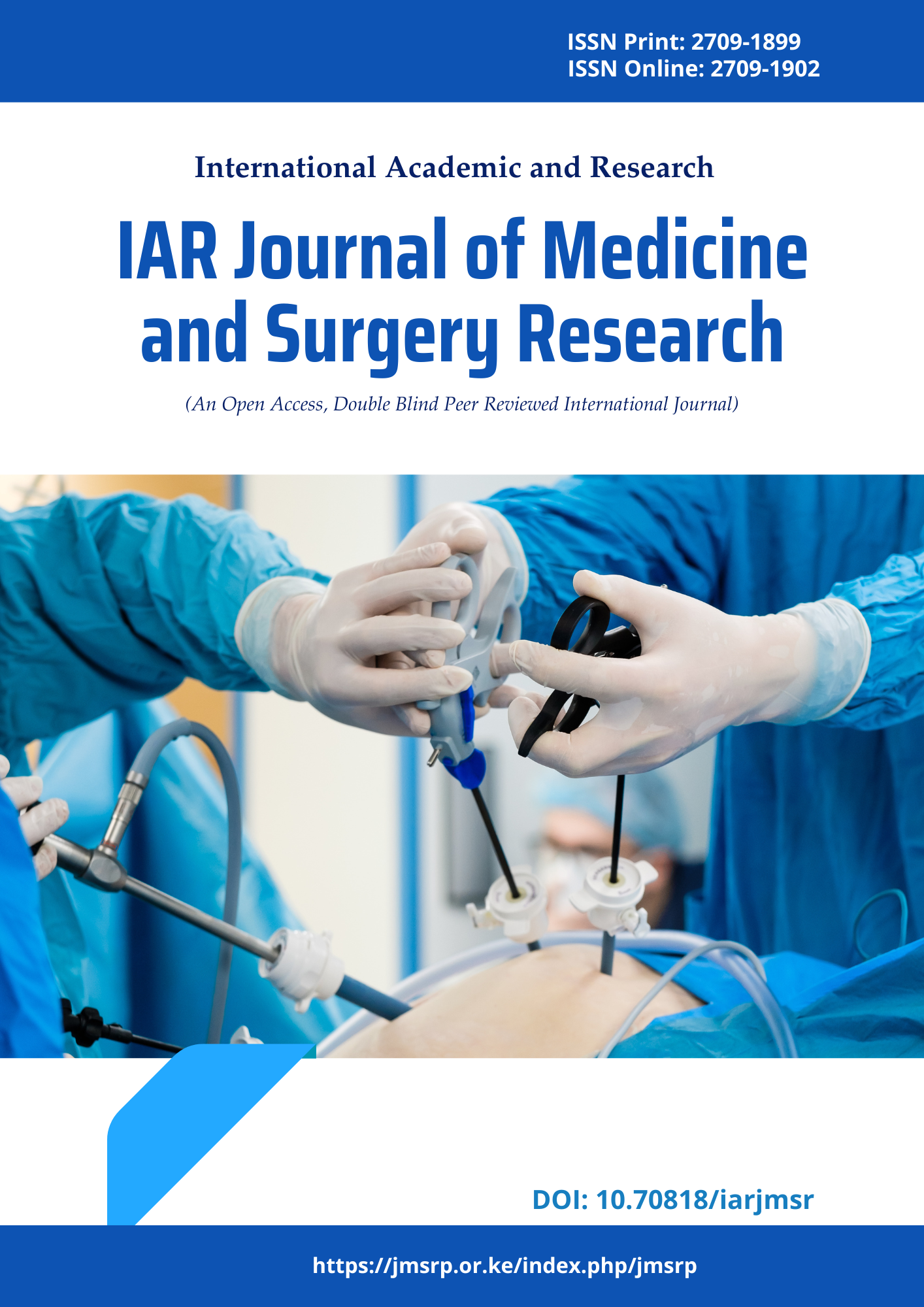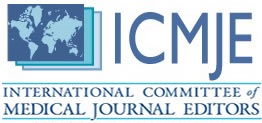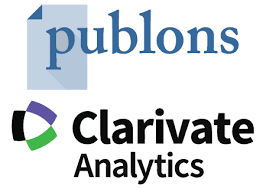Red Meat Consumption and Risk Factors of Lung Cancer Among Never Smokers A Hospital-Based Case-Control Study in Bangladeshi Population
DOI:
https://doi.org/10.70818/iarjmsr.2024.v05i06.0147Keywords:
Lung Cancer, Non-Smokers, Red Meat, Passive Smoking, Dietary PatternsAbstract
Background: Lung cancer remains a leading cause of cancer-related deaths worldwide. In Bangladesh, non-smoker lung cancer is rising due to dietary, lifestyle, and environmental factors. Objective: This study aims to explore the association between red meat consumption, lifestyle factors, and lung cancer risk among non-smoker populations in Bangladesh. Methods: A hospital-based case-control study was conducted at Bangabandhu Sheikh Mujib Medical University and Delta Medical College & Hospital. A total of 332 participants (166 cases, 166 controls) aged 30–65 years were included. A semi-structured questionnaire was used to collect data on socio-demographic characteristics, dietary patterns, behavioral factors, and clinical history. Odds ratios (OR) with 95% confidence intervals (CI) were calculated using SPSS version 25. Results: This study involved 332 participants, with 166 cases and 166 controls matched by age and gender. The mean age of cases was 48.6±9.2 years, while controls had a mean age of 43.8±8.6 years. The mean BMI was 21.2±2.3 for cases and 22.0±2.5 for controls. Red meat consumption was significantly associated with an increased risk of lung cancer, with 59.6% of cases regularly consuming red meat compared to 45.8% of controls (OR=1.75, p=0.011). Passive smoking increased the risk of lung cancer by four times (OR=4.01, p<0.0001). Protective factors included regular vegetable intake (OR=0.37, p=0.001) and tea or coffee consumption (OR=0.57, p=0.042). Conclusions: Red meat consumption and passive smoking are major risk factors for lung cancer in non-smokers. Protective factors include regular intake of vegetables and tea or coffee. Targeted health interventions are necessary to reduce lung cancer risks.
References
Cao, W., Chen, H. D., Yu, Y. W., Li, N., & Chen, W. Q. (2021). Changing profiles of cancer burden worldwide and in China: a secondary analysis of the global cancer statistics 2020. Chinese medical journal, 134(07), 783-791.
Du, H., Cao, T., Lu, X., Zhang, T., Luo, B., & Li, Z. (2022). Mediterranean diet patterns in relation to lung cancer risk: A meta-analysis. Frontiers in Nutrition, 9, 844382.
Sah, R., & Akhter, M. (2020). Oral Cancer Senario in Multiple Centers of Dhaka, Bangladesh. International Journal of Innovative Research in Medical Science (IJIRMS), 5(11).
Inoue-Choi, M., Ramirez, Y., Fukunaga, A., Matthews, C. E., & Freedman, N. D. (2022). Association of adherence to healthy lifestyle recommendations with all-cause and cause-specific mortality among former smokers. JAMA network open, 5(9), e2232778-e2232778.
Kassie, A. M., Abate, B. B., Kassaw, M. W., & Shiferaw, W. S. (2021). Breast self-examination practice among female university students in Ethiopia: A systematic review and meta-analysis. Cancer Control, 28, 10732748211019137.
Akter, M. F., Sathi, S. S., Mitu, S., & Ullah, M. O. (2021). Lifestyle and heritability effects on cancer in Bangladesh: an application of Cox proportional hazards model. Asian Journal of Medical and Biological Research, 7(1), 82-89.
Chei, C. L., Sawada, N., Khankari, N. K., Iwasaki, M., Yamaji, T., Cai, H., ... & Tsugane, S. (2023). Isoflavone and soy food intake and risk of lung cancer in never smokers: report from prospective studies in Japan and China. European Journal of Nutrition, 62(1), 125-137.
Shafi, L., Iqbal, P., & Khaliq, R. (2021). 5. An Overview of Cancer Burden in North and South (India). Recent Trends and Techniques in, 45.
Odhiambo, J. N. (2023). Knowledge, Practices, and Attitudes towards Breast Cancer Prevention among Church Members in Silang, Philippines. Pan-African Journal of Health and Environmental Science, 2(2), 1-19.
Mohamed, K., Abarikwu, S. O., Mmema, L., Jibril, A. T., Rahmah, L., Ivanovska, M., ... & Rezaei, N. (2023). A Global Perspective of Cancer Prevalence: The Causative Agent, the Environment, or the Genes?. In Handbook of Cancer and Immunology (pp. 1-21). Cham: Springer International Publishing.
Gupta, R., & Rahman, M. T. (2024). Revolutionizing Cancer Care; Breakthroughs in Therapeutics and Diagnostics for Precision Oncology. Asia Pacific Journal of Cancer Research, 1(1), 1-3.
Begum, M. M. M., Gupta, R., Sunny, B., & Lutfor, Z. L. (2024). Advancements in Early Detection and Targeted Therapies for Breast Cancer; A Comprehensive Analysis. Asia Pacific Journal of Cancer Research, 1(1), 4-13.
Prasath, S. T., & Navaneethan, C. (2024). Systematic analysis of the role of different foods on breast, lung, and prostate cancer incidence. Food Chemistry Advances, 4, 100733.
Alshahrani, S. M., Fraser, G. E., Sabaté, J., Knutsen, R., Shavlik, D., Mashchak, A., ... & Orlich, M. J. (2019). Red and processed meat and mortality in a low meat intake population. Nutrients, 11(3), 622.
Halms, T., Strasser, M., Hasan, A., Rüther, T., Trepel, M., Raab, S., & Gertzen, M. (2023). Smoking and quality of life in lung cancer patients: systematic review. BMJ Supportive & Palliative Care, 13(e3), e686-e694.
Shahi, A., Koyyala, V. P. B., Rathaur, E. S., Biddut, M. A., Hossain, A., Hasan, M. K., ... & Khatun, N. (2021). Association between gastric Cancer with behavioral and dietary factors: a Hospital Based Case-Control Study in South Asia. Asian Journal of Oncology.
Islam, F. M. A., & Walton, A. (2019). Tobacco smoking and use of smokeless tobacco and their association with psychological distress and other factors in a rural district in Bangladesh: A cross‐sectional study. Journal of environmental and public health, 2019(1), 1424592.
Wang, C., Yang, T., Guo, X. F., & Li, D. (2019). The associations of fruit and vegetable intake with lung cancer risk in participants with different smoking status: a meta-analysis of prospective cohort studies. Nutrients, 11(8), 1791.
Seow, W. J., Koh, W. P., Jin, A., Wang, R., & Yuan, J. M. (2020). Associations between tea and coffee beverage consumption and the risk of lung cancer in the Singaporean Chinese population. European journal of nutrition, 59, 3083-3091.
Zhao, L. G., Li, Z. Y., Feng, G. S., Ji, X. W., Tan, Y. T., Li, H. L., ... & Xiang, Y. B. (2021). Tea drinking and risk of cancer incidence: A meta-analysis of prospective cohort studies and evidence evaluation. Advances in Nutrition, 12(2), 402-412.
Yu, J., Li, H., Liu, Z., Wang, T., Zhou, F., Ma, S., ... & Chen, W. (2023). Meat intake and the risk of bladder cancer: a systematic review and meta-analysis of observational studies. Nutrition and Cancer, 75(3), 825-845.
Biswas, B., Chowdhury, A. S., Akter, S., Fatema, K., Reem, C. S. A., Tuhin, E., & Hasan, H. (2024). Knowledge and attitude about COVID-19 and importance of diet: A cross-sectional study among Bangladeshi people. Bangladesh Journal of Food and Nutrition, 1(1), 04-12.
Downloads
Published
Issue
Section
License
Copyright (c) 2024 Md Jamal Uddin, Shamsun Nahar, Md Saidul Haque, Rifat Zia Hossain, Sabiha Sultana Fenci (Author)

This work is licensed under a Creative Commons Attribution 4.0 International License.















